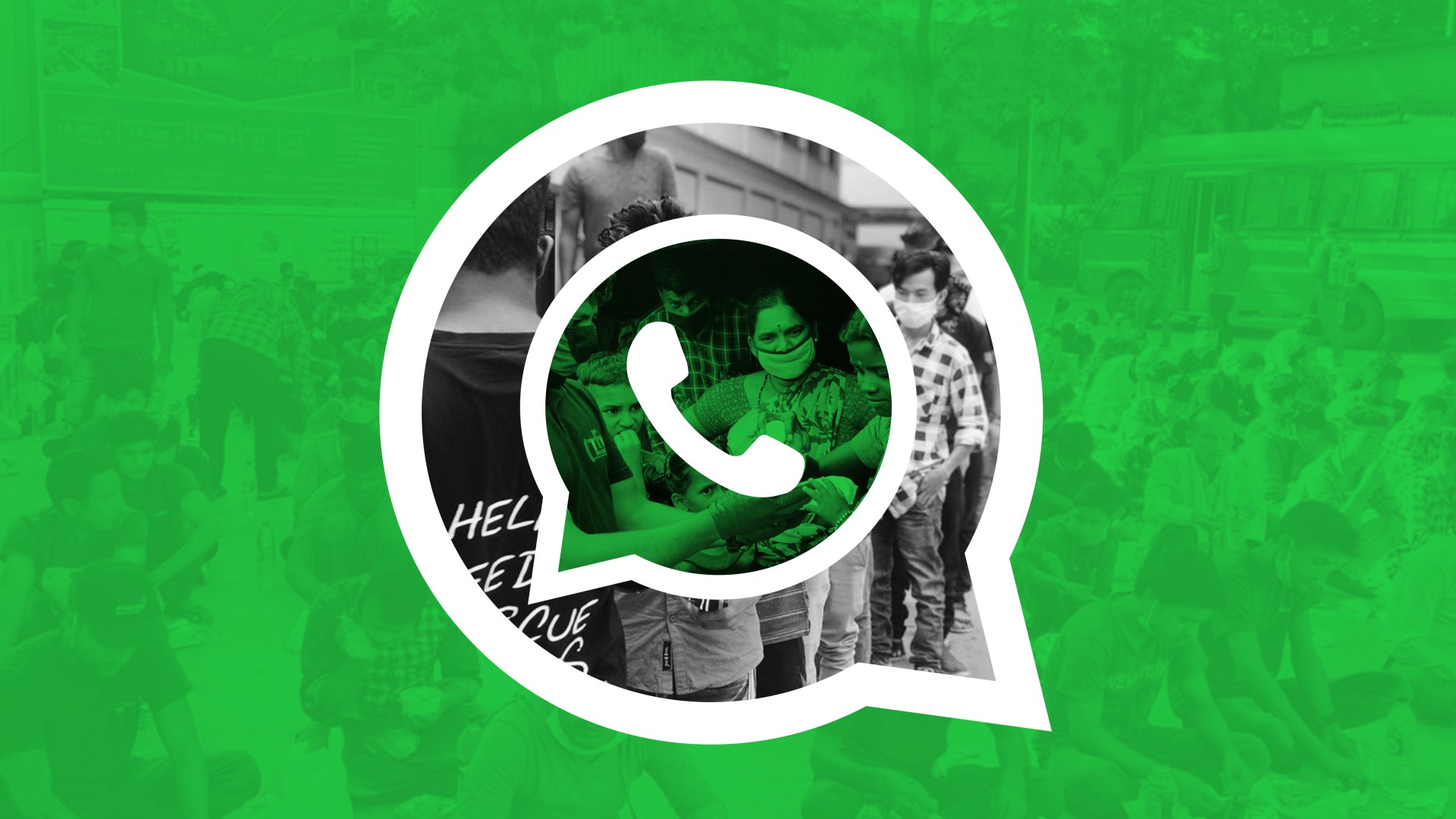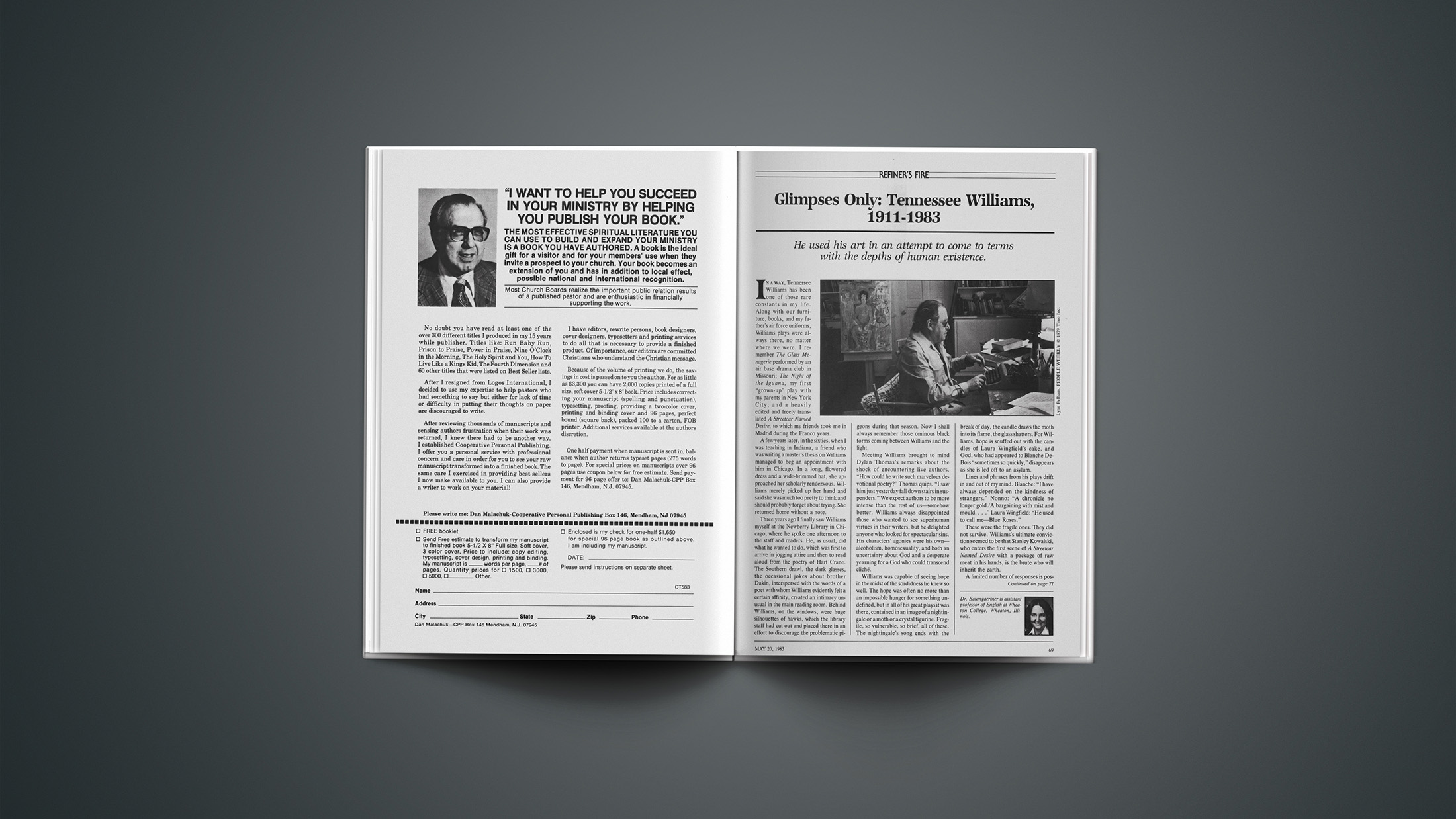Amid the harrowing stories of COVID-19 carnage in India, hundreds of Christians across the country have volunteered via the Love Your Neighbor Network, an organic lay-led effort that has brought relief and comfort to tens of thousands of Indians impacted by the pandemic.
In May 2020, during the world’s largest nationwide lockdown, Rahul George, an entrepreneur in Bengaluru and founder of the network, was stirred to do something when he saw visuals on local media of daily-wage migrant laborers walking back to their villages without any means of sustenance and support.
“The images kept haunting me,” he told CT. “I was angry and depressed, often looking at the little children who were accompanying their parents and thinking of my own children and if I was a migrant worker myself.”
On March 24, the Indian government had announced a three-week nationwide lockdown, giving its 1.38 billion people only four hours’ notice. This severe step, which ended up being extended for two weeks, was viewed as a “human tragedy” by media outlets as it left millions of daily-wage migrant laborers without work overnight.
Along with their families, the migrants were forced to leave locked-down cities and return to their home villages on foot since public transportation was not available. Many collapsed and died on the road as they battled starvation and fatigue while walking hundreds of miles.
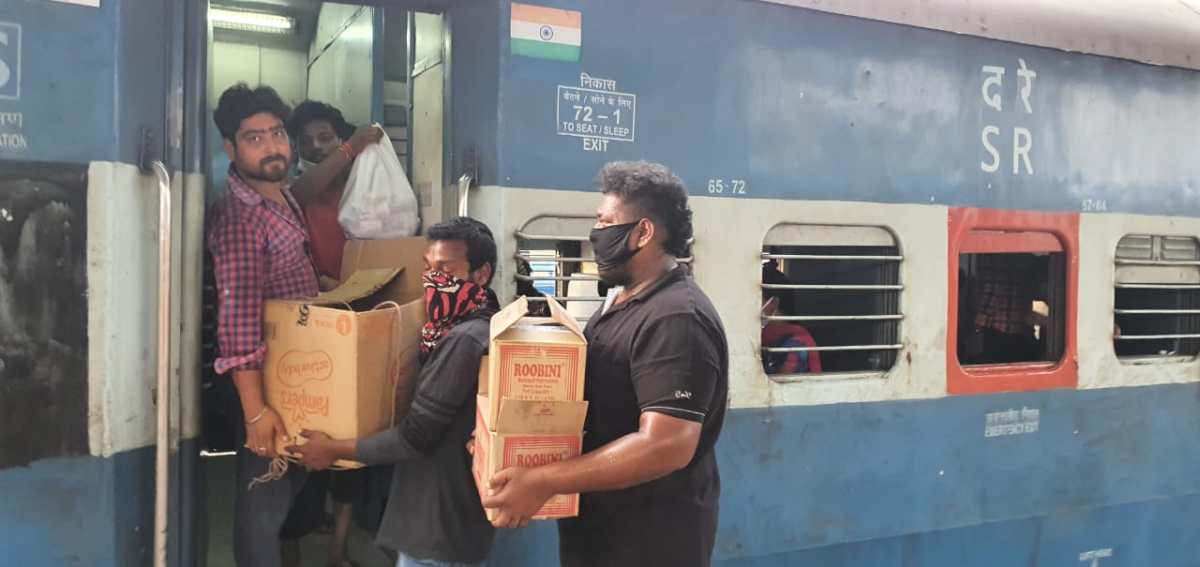
George reached out to his contacts and asked if they could join together to help people in need. As often happens in India, a group was formed on WhatsApp. Within two days, it grew to 256 members—the maximum number allowed by the social media platform.
“This is the first time we had organized anything like this,” said Pranitha Timothy, a human rights defender in Chennai. “We didn’t know how to go about it. [But] India is known for WhatsApp: Everybody uses it, it’s easy to use, and we can communicate through groups, so coordination is much easier with it.”
George and Timothy, along with Sharon Dominica in Delhi, form the core team of the initiative. Some members had large personal networks which helped the group grow; for example, Timothy is part of the Lausanne Movement. Once the WhatsApp group was full, the team divided it into new groups for different cities and states.
A diverse mix of Christian doctors, lawyers, IT professionals, and even believers within the Indian army, government, and police affiliations came together from across the country. Then churches and Christian NGOs were strategically invited to join, offering more expertise and volunteers for the network.
In total, three city groups and eight state groups were formed, with an average of 100 volunteers in each. As resources were raised, the groups divided themselves further into smaller task-specific teams, according to the needs of each state or city. Some teams organized paperwork, transport, and food for thousands of migrant laborers as they sought to return home. A call center was also set up to facilitate communication with migrants who spoke different languages.
“People became more sensitive to the needs of migrants,” said Saraswathi Padmanabhan, leader of an organization that serves such laborers in Bengaluru. “God has called us to work with migrant communities, so it was heartwarming to see people [recognize] the needs and challenges [of migrants] and come forward to help.”
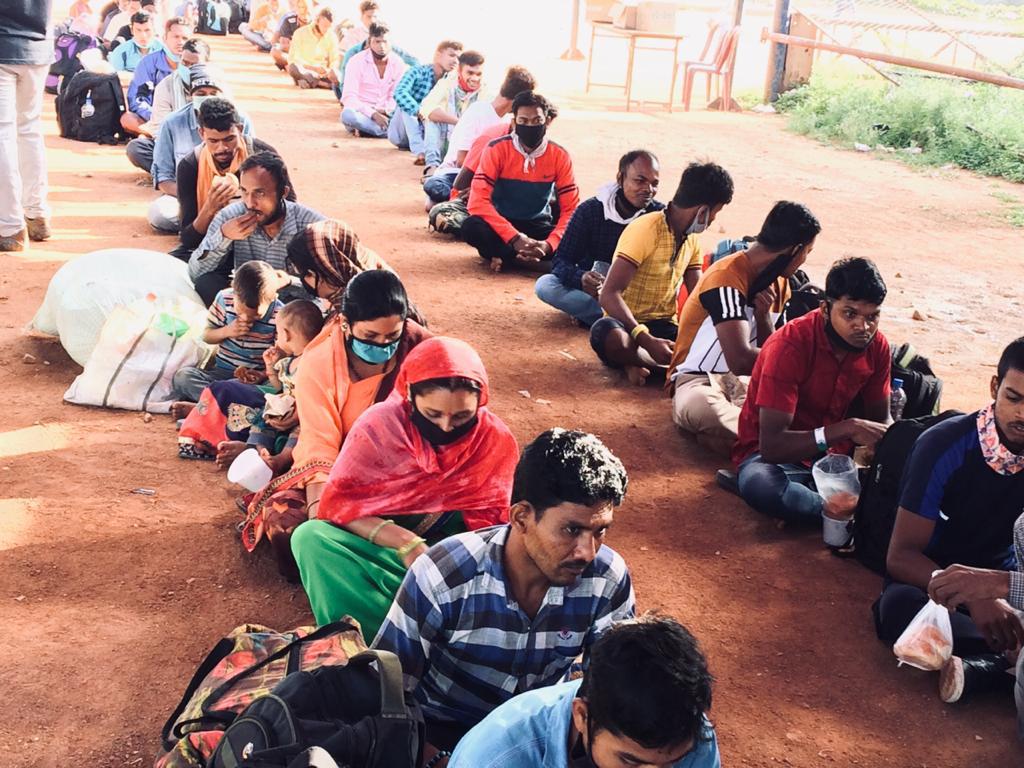
Anita Kanaiya, head of a Bengaluru nonprofit whose office was used to stock food for the effort, described to CT how the volunteers would start at 5:30 a.m. daily and distribute crates of food to places where migrants would gather, such as highways and police and railway stations.
“What we were trying to do was to be the church in our own small ways,” she said. “The church on the ground, doing what was needed to meet a need.”
“There is joy in having served countless faces that we don’t know or may never meet again. There were even people who told us, ‘You’re like God for us; we haven’t drunk water in three days while we’ve been on the road,’” Kanaiya said. “So we’re humbled that we were in that place and were given the opportunity to serve people.”
Since the endeavor was a large-scale, distributed operation across the country, Love Your Neighbor Network leaders—who convened virtually this past weekend to compare notes and to strategize for the future—don’t have an exact count of how many people have been helped, but know it was tens of thousands in Chennai alone.
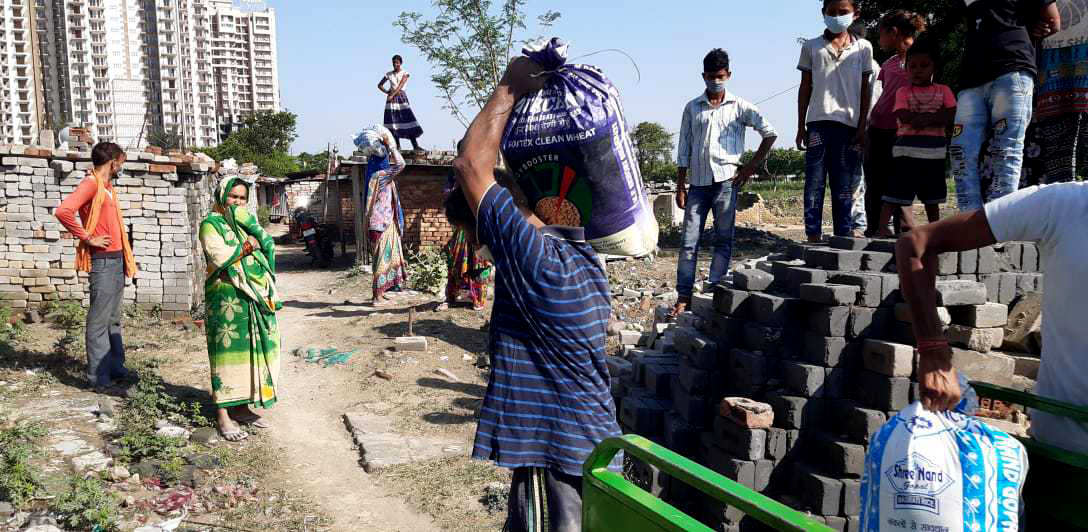
While the network focused on the migrant worker aspect of the pandemic last year, it switched to medical needs this year as COVID-19 cases began to overwhelm India’s health care system during the recent second wave.
Help lines were set up in different cities to assist people with finding hospital beds and oxygen cylinders—both of which became scarce—and receiving medical advice from the network’s volunteer doctors regarding home treatment if infections were mild. The network also formed specific teams that offered prayer and counseling services while others distributed meals and groceries to COVID-19 patients isolating at home.
“Many of us don’t come from a medical background. Many of us have no experience with doing something like this,” said George. “But God taught us and we learned things on the job.”
Such volunteer work was challenged, even for nonprofit veterans.
“For all of us who were average individuals with no training to be calling different hospitals, getting rejected, getting shouted at, speaking to patients, with their attenders losing patience while we were on call with them—it was very intense work to do for 12 to 14 hours a day and rinse and repeat for three to four weeks at a stretch,” said Ajit Sivaram, leader of an organization providing non-formal education to underprivileged children in Bengaluru.
“For me, as someone who runs an NGO, I think I was able to lend some structure to the [network] and bring some of our team to help out and fill in the gaps,” he told CT. “But to see a group of random people—who have never met each other—organize themselves, find a need, go after that need, and make a difference in meeting that need was simply amazing.”
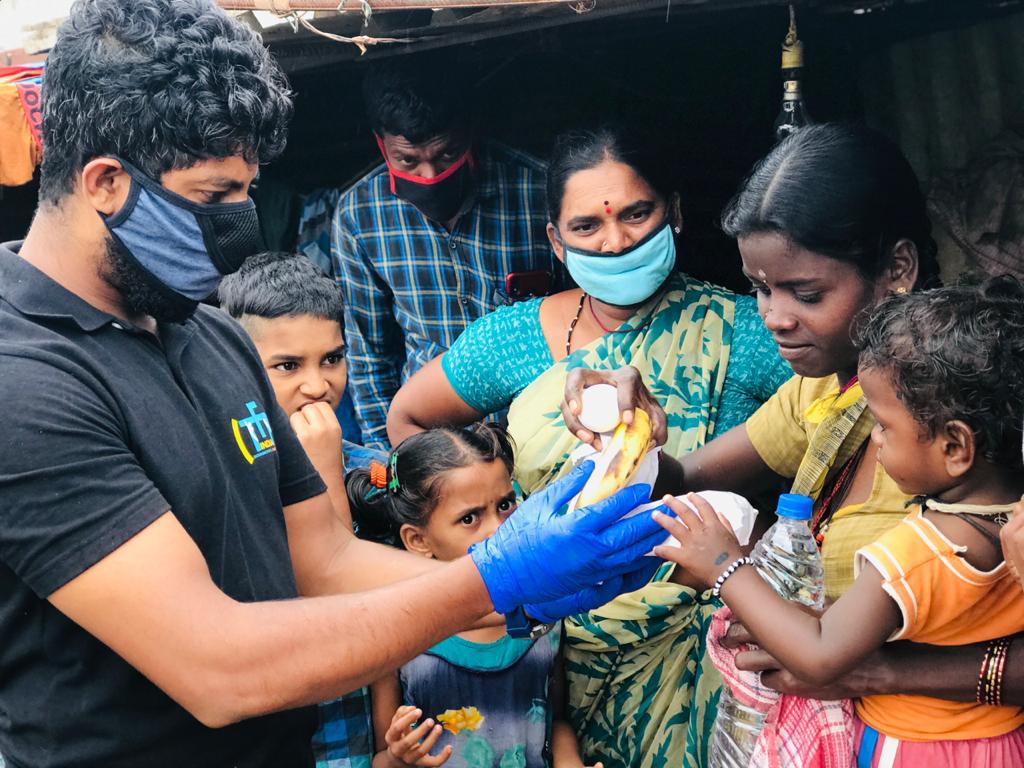
Tina Draper, a COVID-19 survivor in Chennai, said the Love Your Neighbor Network helped her secure a hospital bed, gave her medical advice for home treatment once she was discharged, got her an oxygen cylinder when her health weakened, provided counseling and prayer through her journey with the virus, and took care of her medical expenses. “I did nothing except be the patient,” she said.
“We were not sure what we were going to do, but their help and assistance came just in time for our family,” said another patient whom the network helped find an oxygen bed. “Their follow-up on my family’s health also meant a lot to us.”
The network’s Bengaluru chapter partnered with Mercy Mission, a Muslim-led interfaith volunteer group in the city, to help with burials and cremations of deceased COVID-19 victims. George even performed the last rites of a Hindu man whose entire family was ill with the virus. “I became a son of that family that day,” he said.
Even as lay Christians and Christian nonprofits united together, the network found it difficult to get churches to join them.
“In the first wave, very few churches came forward,” said George. “We talk so much about faith and the power of prayer, but it was people of other faiths who came out [into the community] and showed their faith by helping others.”
“In the second wave, we had churches come forward because many of their own members were getting infected and they couldn’t be silent anymore,” he said.
“Usually, the church is very quick to respond. But I think COVID-19 and the suddenness and fear of it kind of immobilized the first responders,” said Kanaiya. “It was in seeing others—especially Mercy Mission, the speed at which they came together and the sacrificial way in which they went about things—that we realized, ‘This is exactly what we [Christians] are about, so why aren’t we there?’”
George praised Mercy Mission, a conglomeration of about 20 Muslim NGOs and mosques, for putting aside their differences and springing into action faster than local churches. “We look down on people of other faiths, especially Muslims, but here in India, God showed that they were the Good Samaritans when the pious and religious looked the other way,” he said.
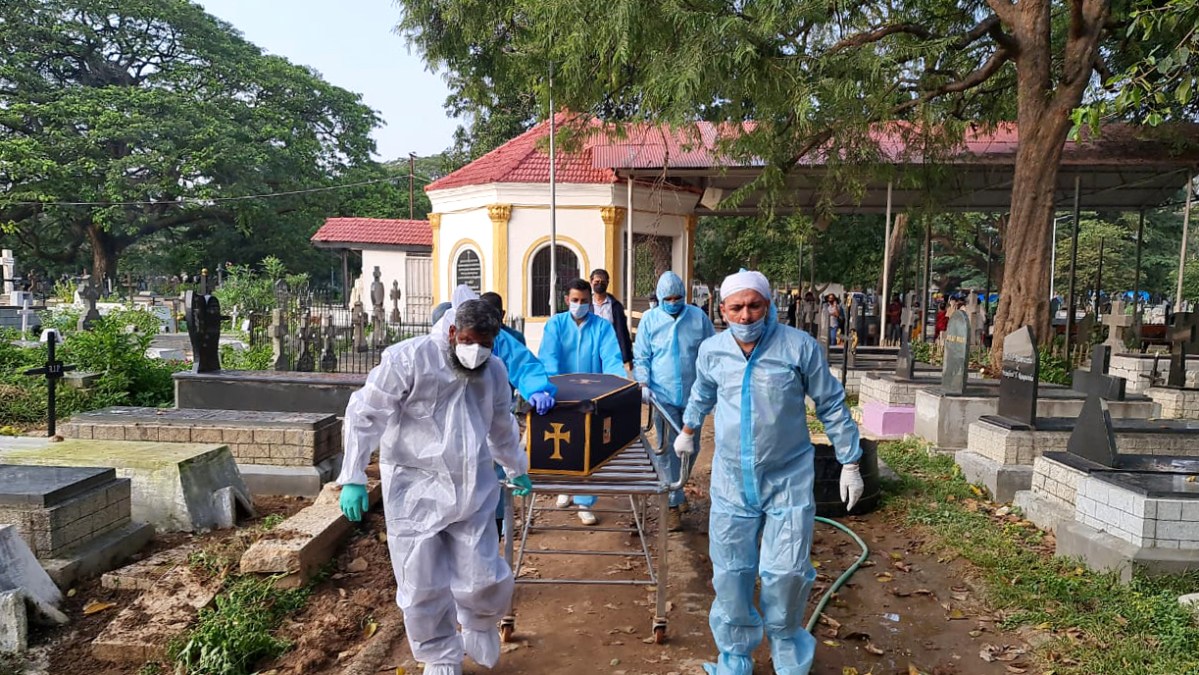
Eventually churches did join the network. “People individually were doing things to help people around them, but as a church we didn’t have any official program for COVID relief—we were actually looking for something we could do,” said Zippora Madhukar, a leader at a multisite independent church in Chennai. “So, this was definitely something we wanted to bring attention to for our church members.”
Madhukar also oversaw the network’s medical team in Chennai, which at one point was receiving 150 requests a day for help finding hospital beds. However, when her team invited other churches to get involved, they were “very reluctant, which was disheartening.” The plan had been to restrict the medical team to fellow Christians only, but since churches were not providing enough volunteers the group opened up to all faiths.
“I think churches need to get out more and not just be concerned about their members and their own welfare, but also be concerned about the city they live in,” said Madhukar. “Because that’s where we’re called to be salt and light—not just from the safety of our churches but right out there where people need us.”
Marsha Thompson, who pastors an independent church in Chennai along with her husband, was inspired enough by the team’s efforts to volunteer to be on call daily for the helpline.
“As a church, we try to stand in the gap whenever possible,” she said. “But in this effort, we didn’t identify as members of one church or another. We were just trying to join hands with other like-minded people to try to be a blessing.”
The Love Your Neighbor Network showed that the priesthood of believers—lay Christians across India—can achieve as much as the institutional church when they work together with commitment and intent.
“I grew up thinking that the Indian Christian community can’t do much: We’re so small, we’re so few, we can’t really make a difference,” said Dominica, the core leader in Delhi who runs Project Kalpana, an initiative that helps migrant workers. “But my experience with the network has shown me that there is so much potential in the Indian church if we can come together. We just need to have the courage to step out and start these things and people will come alongside us.”
“I usually crib [complain] that the church doesn’t do anything, but this is the church,” said Timothy. “It may not be the organized church, but it is the church that God used to do this work.”
Some elderly people, who could not help on the ground, also supported the efforts through prayer and baking cookies for volunteers.
“It was everyone taking their two talents and putting it to use to meet probably our community’s greatest crisis to date,” said Sivaram. “There were no large organizations, it was just individuals saying, ‘I want to help.’ In a season when people were overwhelmed, each of them personally struggling, they came together and said, ‘I will still serve the other.’”
“We have to break down walls of hostility towards other denominations which are not our own, because we are one body,” said George. “Another denomination will have gifts that I don’t have, and I have to collaborate with them. There is power in our unity; when our walls are broken, there are phenomenal things that the church can do.”
“We have not tapped into what is possible with us. This pandemic just gave us a glimpse,” he said. “If 250-odd Christians, all complete strangers to each other, could start this and make such an impact, I’m just wondering what else can be done with all of us together—the 3 percent of the [1.38 billion] population that we are in India.”
For Christians in other nations who would like to better serve their communities during the pandemic’s second or third waves, George advised, “Join a network somewhere.
“Whatever you do must be viewed as an offering to the Lord Jesus. Just do your thing, and God will add to the numbers—whatever is required whether it is finances or talent,” he said. “The more faithful you are, the more will be added. That’s what we have seen with our eyes and we can testify to that.”
- Recruit as many volunteers as possible by letting everyone be an admin of the WhatsApp group, so each can invite their own contacts.
- Make the mission of the WhatsApp group very clear. Members are not doing anything for their own sake but only to meet the needs of others. And no forwards or irrelevant messages allowed, only messages about patients and their needs.
- Each group will need several teams with their own coordinators focused on meeting various needs, including: to answer calls; to find hospital beds, ambulance services, and oxygen cylinders; to connect patients to doctors for medical advice for home treatment; to cook and distribute food for patients isolating at home; to offer counseling; and to pray.
- Form a separate team for each city or state that will focus on raising funds, resources, and volunteers for the group.
- Invite churches and nonprofits to join the network as soon as possible.
- Explain the situation, the process, and structure to new volunteers and orient them. But even with a set process, the group must be willing to change with the times, adapt, and be flexible.
- Set up a local COVID-19 help line for each city of a state. Circulate the number widely on social media, and have volunteers sign up for two-hour shifts.
- Be intentional about keeping volunteers motivated. Provide support when a patient they were assisting passes away.
- Work closely with medical volunteers on the team. It is a medical disaster, and needs physicians to support the initiative with their wisdom.

